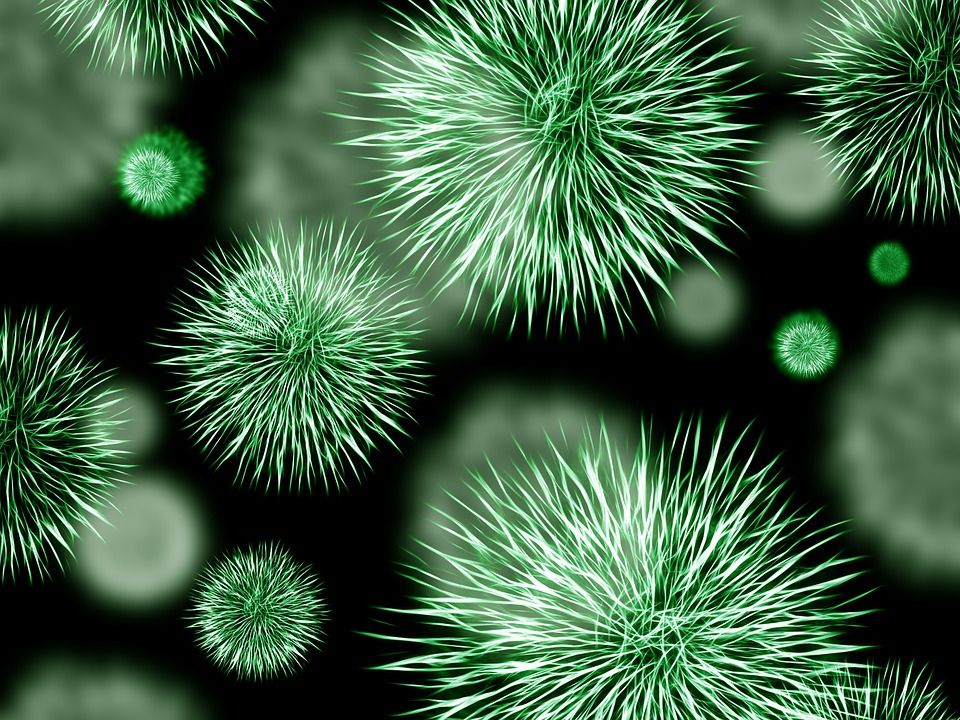Doctors in Denmark are registering considerably more cases involving the multi-resistant bacteria CPE (carbapenemase-producing Enterobacteriaceae) and VRE (Vancomycin-resistant enterococci).
According to the latest figures from Danmap (the Danish Program
for the surveillance of antimicrobial consumption and resistance in bacteria from animals, food and humans) since 2012, the number of Danes who have been infected with the CPE bacteria has increased 12-fold, while the number of Danes admitted to hospital with the VRE bacteria has shot up seven-fold.
“It’s worrying that the rise is so drastic,” Ute Wolff Sönksen, a doctor with the State Serum Institute, told Ekstra Bladet tabloid.
“If they keep rising, the bacteria can become a common occurrence in Denmark. The worst thing about intestinal bacteria is that they can be difficult to trace before causing bloodstream infections that can be tough to treat.”
The bacteria are usually ingested and can lead to bloodstream infections, bladder infections and urinal tract infection. In worst-case scenarios they can be deadly.
READ MORE: Danish researchers develop method that detects sources of bacterial contamination
Flesh-eating foe
In related news, doctors at the city hospital Rigshospitalet have been looking into the increasing prevalence of the dreaded ‘flesh-eating bacteria’, which was not named in the report by Ekstra Bladet, but is believed to be necrotising fasciitis.
Over the past 20 years, the number of cases has risen from about five per year to over 100.
“Even though it doesn’t sound like a lot of people, those who are infected are seriously impacted,” Marco Bo Hansen, a doctor in the Anaesthesiology and Operations Department at Rigshospitalet, told the tabloid.
“They have to endure many debilitating operations, and unfortunately some end up getting amputations or dying due to the infection.”
It’s difficult to ascertain exactly where the bacteria comes from, but it is believed that some come from animals, while others come from food products and humans. Researchers believe that the rise in resistant bacteria can be attributed to the high use of antibiotics.













